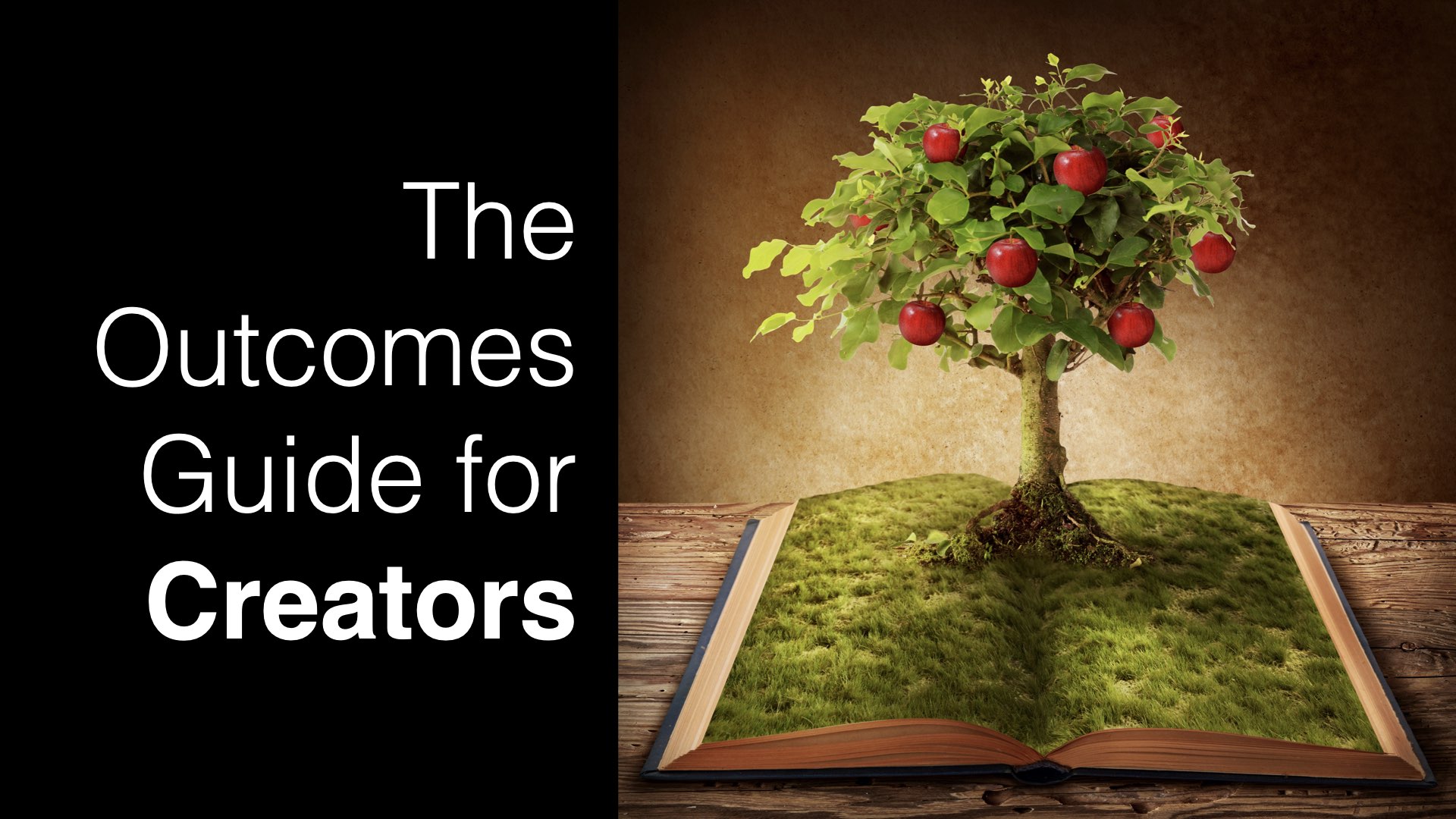Summary
This document is an introductory guide to artists and creators wanting to get more exposure for their work, and possibly earn money from what they enjoy. Note: This is a companion document to “The Startup Guide for Creators.”
In a Relationship with Art
As a creator you are in a relationship with art, or music, or whatever it is that you’re creating. The best kind of relationships are the ones you don’t overanalyze, but you are just in the moment immersed and enjoying yourself. It’s good to preserve that feeling going forward.
Who is a Creator?
If you do a Google image search for the word “artists” the results are almost entirely images of the classical painter with a palette of paints and an easel. The only thing missing is the French beret.
The broader meaning of artist applies to anyone doing creative work with music, theater, dance, artistic photography, crafts, creative writing, and other disciplines.
The makers and creators movements are also drawing from creative skills. YouTubers are drawing from a wide variety of creative skills either as individuals or teams.
This document is intended for a broad range of creative people.
From Passion to Burnout
Turning your passion into a business can result in doing so much of it that the enjoyment fades and the creative capacity is diminished. If you like pizza, and have it once a week, it continues to be enjoyable. If you start eating pizza three times a day, then eventually you might get tired of pizza. The same is true for creative arts. Writers experience writer’s block, and other creators can experience stagnation in their creativity. Artistic growth is like growing a garden. It’s best done slowly, organically, and with some planning.
Our creative work is fueled and inspired by experiences, relationships, vacations, reading books, learning a language, playing an instrument, getting good sleep, exercise, eating well, walks in the park, and other activities. We need to make sure we’re continuing to do these things that help inspire and energize us.
Another challenge of turning your passion into a business is that businesses can have administrative tasks to take care of. You may not have the time, talent, or interest required to run a small business. You’ll need to figure out a way to minimize the administrative overhead and find out how to make it less of a chore.
Musicians describe how they really enjoy playing their instrument, but not setting up before gigs and tearing down afterwards, or the work involved in scheduling and booking events, or the time it takes to get there. They just want to play their instrument. This is depicted well in the movie Pure Country.
As amateur creators are developing their skills, contests and competitions are an opportunity to get public exposure and could include some prizes. Some amateur competitions may require that you’ve not established a business or been doing work professionally in order to qualify for participating. This is to give others who are just starting out an equal chance to win. For more about the transition from amateur to professional you can read “Hobbyist, Amateur, or Professional Artist – Which are You?” on the EmptyEasel.com website.
It’s good to keep all this in mind before turning your passion into a full-time job.
Organic Slow Growth
Enthusiastic entrepreneurs and small business owners can sometimes invest too much time and money in the launch and growth of their business. They want fast growth and fast success. However, slower growth that is thoughtful and steady can result in better outcomes.
An overzealous entrepreneur might sign a lease for a commercial property before they have the revenue to pay the rent long-term. They might take out a loan from the bank, motivated by some hopeful thinking about how financially successful they will be. Sometimes these things work out, but most of the time they are a gamble.
When you start small you can avoid getting overextended and overcommitted financially. As you earn money, invest it back in your business and grow that way. You’ll be creating a self-imposed dollar cost averaging investing strategy in yourself. This helps avoid impulsive and emotional decisions and expenses.
Determine Your Outcomes
It’s helpful to give some thought to what we want the ultimate outcome to be from our pursuits. Are we doing something for pleasure? Are we doing it to give cheer and inspiration to others? Are we doing it for money? Perhaps a little of all these? Knowing your desired outcomes can help ensure that you are focusing on the things to produce those outcomes.
Next Steps
The idea of a micro-business is to do something and get paid for it with as little complexity, cost, and administrative overhead as possible. The Startup Guide for Creators provides a checklist of tasks for getting started with a micro-business.
